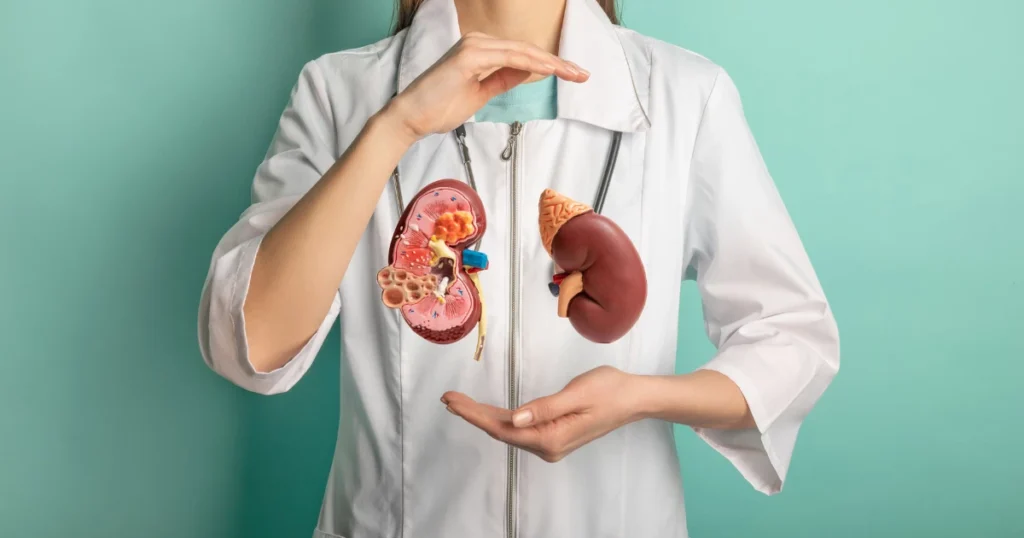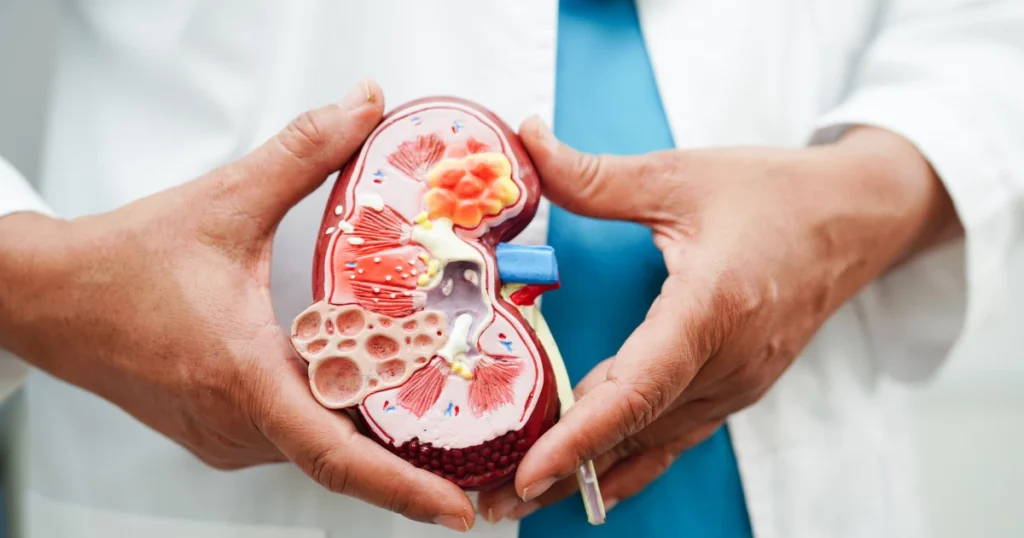Kidney removal, also known as nephrectomy, is a surgical procedure performed for various reasons, such as kidney disease, injury, or donation. While the body can function with one kidney, adjusting to life after kidney removal may include challenges like weight management. In this blog post, we’ll explore the connection between kidney removal and weight loss, strategies to manage your weight healthily, and tips for maintaining overall well-being.
Introduction
Weight loss after kidney removal is a common concern for many patients. Whether it’s due to surgical recovery, dietary changes, or emotional stress, understanding the causes and finding sustainable solutions can make a significant difference in your quality of life. This post offers practical advice for navigating these changes while keeping your body healthy and your spirits high.
How Kidney Removal Affects the Body

Role of the Kidneys in Metabolism
The kidneys play a crucial role in regulating metabolism by filtering waste products, maintaining fluid balance, and controlling electrolytes. When one kidney is removed, the remaining kidney compensates, but this adjustment period can temporarily affect metabolic processes.
Impact on Physical Activity
After surgery, physical activity is often limited during recovery, which may impact muscle mass and energy expenditure. Reduced activity combined with dietary changes may lead to unexpected weight fluctuations.
Common Causes of Weight Loss After Kidney Removal
- Surgery Recovery
- Appetite Changes: Post-surgery pain, nausea, and medications can suppress appetite, leading to decreased calorie intake.
- Increased Energy Needs: The body requires extra energy to heal, which may contribute to weight loss.
- Changes in Diet
- Protein Restrictions: Some patients may need to limit protein intake to avoid overloading the remaining kidney.
- Fluid Restrictions: Managing fluid intake is essential, which might indirectly affect food choices.
- Emotional Factors
- Stress and Anxiety: The emotional toll of adapting to life with one kidney can affect eating habits.
- Depression: Low mood may lead to decreased appetite or irregular eating patterns.
Healthy Weight Management After Kidney Removal

Achieving and maintaining a healthy weight after kidney removal requires a balanced approach that prioritizes your unique health needs.
Diet Tips
- Prioritize Nutrient-Rich Foods
Focus on fruits, vegetables, whole grains, and healthy fats. These foods provide essential nutrients without overloading the kidney. - Monitor Protein Intake
Work with a healthcare provider to determine the right amount of protein. Plant-based proteins like lentils and beans can be beneficial. - Control Sodium Levels
Excess sodium can strain the kidney. Opt for low-sodium options and avoid processed foods. - Stay Hydrated
Proper hydration is critical but should be tailored to your doctor’s advice. Avoid dehydration or overhydration.
Exercise Recommendations
- Start Slow
After surgery, begin with gentle activities like walking or stretching to rebuild strength. - Focus on Consistency
Gradually increase the intensity of your workouts to improve endurance and maintain muscle mass. - Incorporate Strength Training
Resistance exercises can help preserve muscle mass, which is important for overall metabolism.
Monitoring Hydration
- Use tools like urine color charts or hydration calculators to track your fluid intake.
- Avoid caffeine and alcohol, which can lead to dehydration.
When to Seek Medical Advice

Weight loss after kidney removal is not always alarming, but there are instances where medical attention is crucial:
- Persistent or unexplained weight loss
- Severe fatigue or weakness
- Difficulty maintaining a balanced diet
- Symptoms of malnutrition, such as hair loss or brittle nails
Frequently Asked Questions
1. How much weight loss is normal after kidney removal?
Mild weight loss during the recovery period is common. Significant or persistent weight loss should be discussed with a healthcare provider.
2. Can I follow a high-protein diet after kidney removal?
Not necessarily. High-protein diets can strain the remaining kidney. Consult your doctor for personalized dietary advice.
3. What role does exercise play in weight management post-surgery?
Exercise helps maintain muscle mass and supports metabolic health. Always follow your doctor’s guidelines when starting or resuming exercise.
4. How can I manage emotional stress after kidney removal?
Consider joining support groups, practicing mindfulness, or seeking therapy to address emotional challenges.
5. Is weight gain also possible after kidney removal?
Yes, some people may experience weight gain due to reduced physical activity or changes in metabolism. A balanced approach to diet and exercise can help.
Conclusion
Weight loss after kidney removal can be managed effectively with the right strategies. By understanding the reasons behind weight changes, making informed dietary choices, and engaging in suitable physical activities, you can maintain a healthy weight and lead a fulfilling life. Always prioritize regular check-ups and consult healthcare professionals for tailored advice.
Managing your health after kidney removal is a journey, but with determination and the right resources, you can thrive.